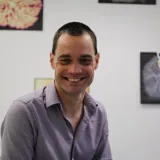
Dr Andrew Melbourne
Reader
Research interests
- Imaging sciences
Contact details
Biography
Andrew Melbourne is a Reader in Healthcare Technologies at King's College London. His team are implementing imaging studies and computational modelling for supporting novel fetal interventions; for measuring how the placenta is working in the womb; and for helping understand the links between early preterm birth and subsequent outcome. With funding from the Wellcome Trust, Dr Melbourne is working closely with clinicians in a cross-disciplinary, cross-institutional collaboration, to improve our understanding of how the placenta works and how to measure placenta function in conditions such as fetal growth restriction and in twin pregnancies where fetuses share a placenta (@GIFT_Surg). He is also leading the new King's College London MSc programme in Healthcare Technologies based at St Thomas's Hospital (Heathcare Technologies MSc/MRes).
News
In Conversation with Dr Andrew Melbourne
Dr Andrew Melbourne talks to us about his research, his students, and his new appointment as School Lead of the Development, Diversity and Inclusion Committee.
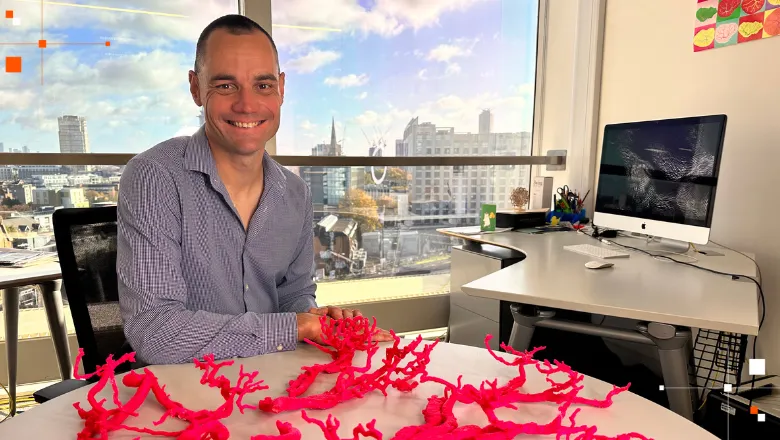
Workshops explore the public's views on scanning and surgical innovations in pregnancy
The Public Engagement team at the Wellcome/EPSRC Centre for Medical Engineering (CME) at King’s College London hosted a series of workshops to explore public...
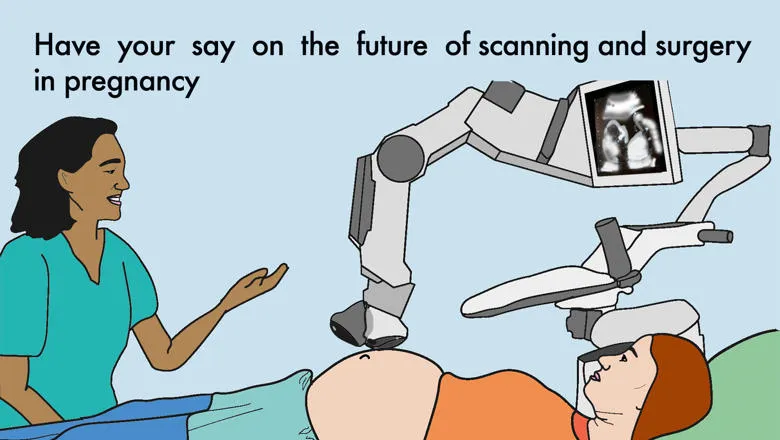
New Scientist Live 2021: The Future of Healthcare
The School of Biomedical Engineering & Imaging took part in New Scientist Live 2021: The Future of Healthcare
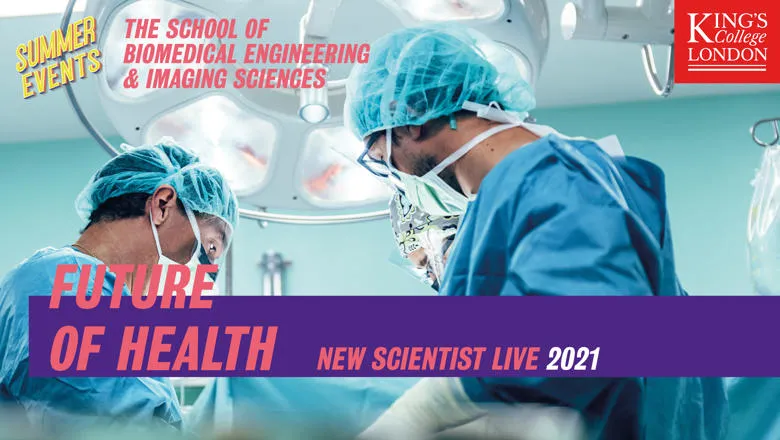
New MRI algorithm provides novel insight about placental blood flow in late pregnancy and stillbirth risk
A Magnetic Resonance Imaging (MRI) algorithm co-developed by Dr Andrew Melbourne from the School of Biomedical Engineering & Imaging Sciences was used in a...
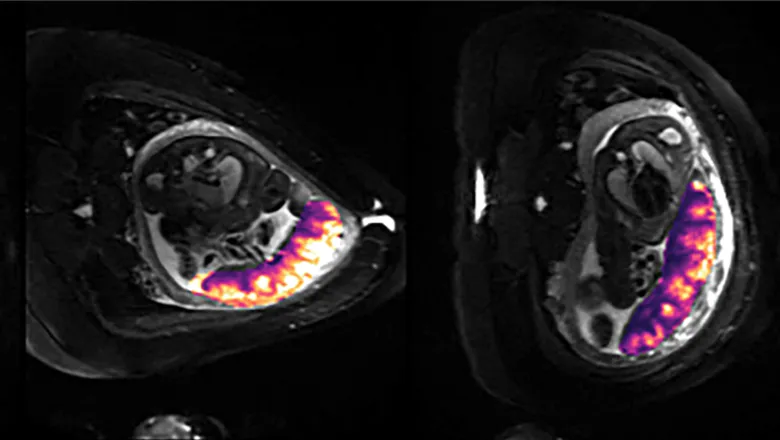
School of Biomedical Engineering & Imaging Sciences researchers organise successful workshop on perinatal and paediatric image analysis
The fifth annual Perinatal, Preterm and Paediatric Image Analysis workshop (PIPPI), founded and co-organised by staff from the School of Biomedical...
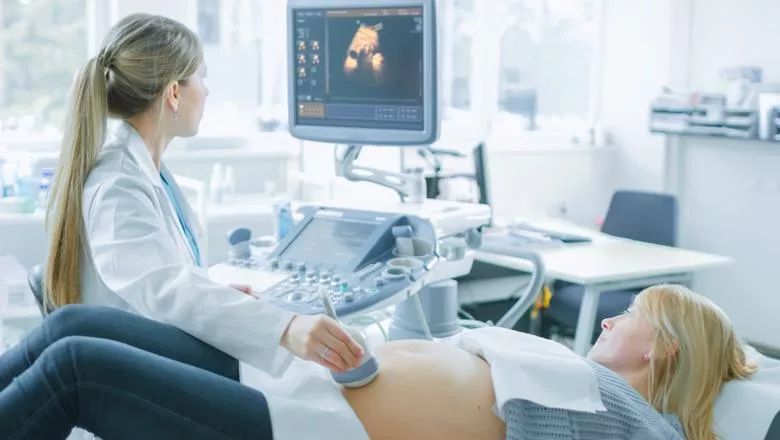
MSc/MRes Healthcare Technologies award student prizes for outstanding performance and contributions to student life
As the inaugural year of the MSc/MRes in Healthcare Technologies programmes came to an end, five students received prizes for their academic performance and...
News
In Conversation with Dr Andrew Melbourne
Dr Andrew Melbourne talks to us about his research, his students, and his new appointment as School Lead of the Development, Diversity and Inclusion Committee.

Workshops explore the public's views on scanning and surgical innovations in pregnancy
The Public Engagement team at the Wellcome/EPSRC Centre for Medical Engineering (CME) at King’s College London hosted a series of workshops to explore public...

New Scientist Live 2021: The Future of Healthcare
The School of Biomedical Engineering & Imaging took part in New Scientist Live 2021: The Future of Healthcare

New MRI algorithm provides novel insight about placental blood flow in late pregnancy and stillbirth risk
A Magnetic Resonance Imaging (MRI) algorithm co-developed by Dr Andrew Melbourne from the School of Biomedical Engineering & Imaging Sciences was used in a...

School of Biomedical Engineering & Imaging Sciences researchers organise successful workshop on perinatal and paediatric image analysis
The fifth annual Perinatal, Preterm and Paediatric Image Analysis workshop (PIPPI), founded and co-organised by staff from the School of Biomedical...

MSc/MRes Healthcare Technologies award student prizes for outstanding performance and contributions to student life
As the inaugural year of the MSc/MRes in Healthcare Technologies programmes came to an end, five students received prizes for their academic performance and...
